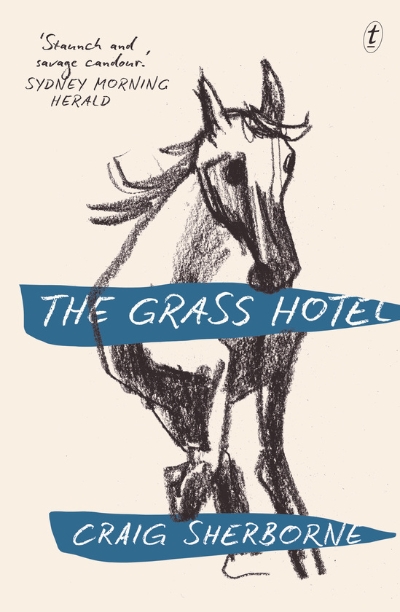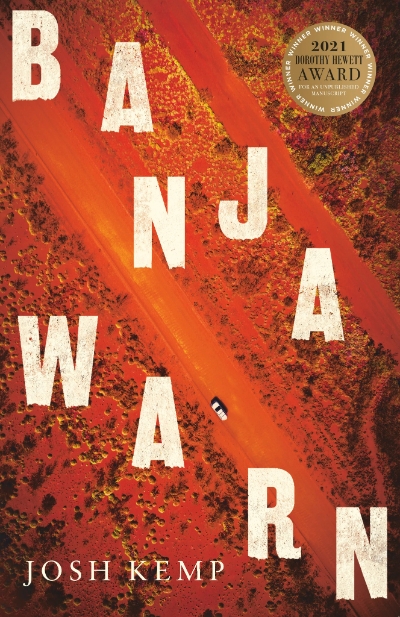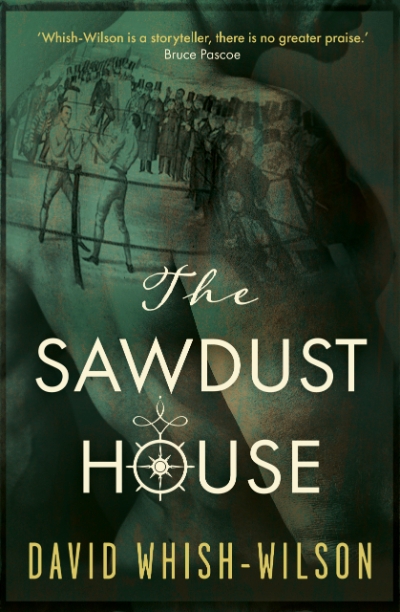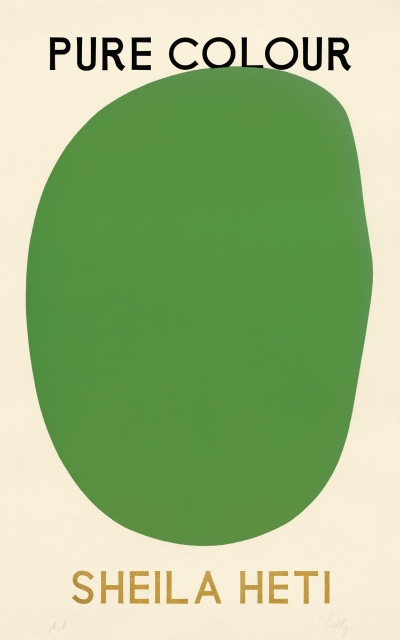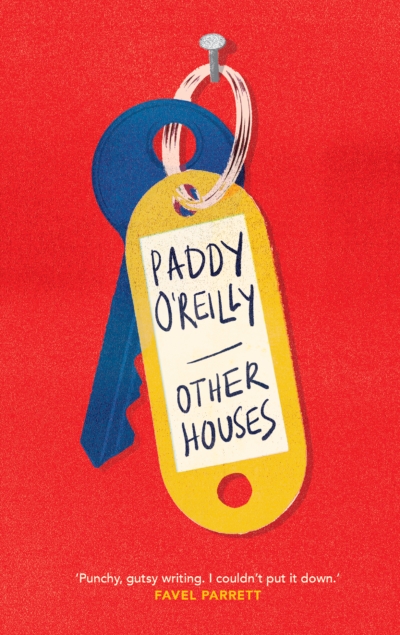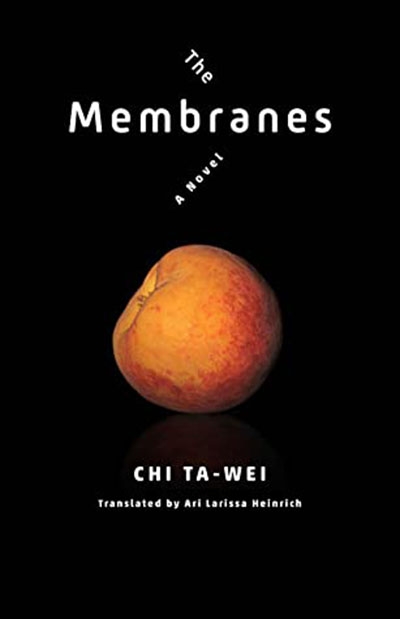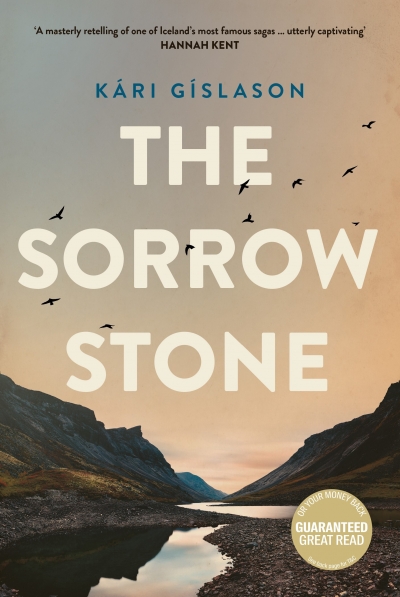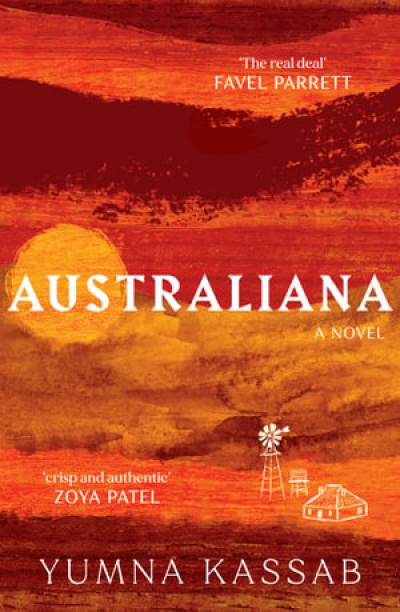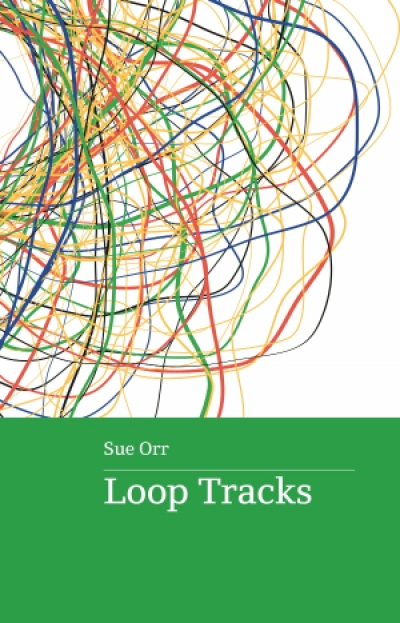Fiction
In How Fiction Works (2008), James Wood examines how novelists write characters and allow us to sympathise with them. He refers to the philosopher Thomas Nagel’s now famous question, ‘What is it like to be a bat?’ Nagel reckoned we cannot know, can only imagine what it would be like to behave like a bat. We can’t know ‘what it is like for a bat to be a bat’.
... (read more)The latest in a new crop of outback gothic fiction, Josh Kemp’s début has everything readers have come to expect from the genre. There’s a messed-up bloke with a past. There’s a lost girl, ten years old and traumatised. There’s plenty of guilt and shame, damaged landscapes, haunted houses, injecting drug use, altered states, brutal acts of violence, and of course, there is the road.
... (read more)In David Whish-Wilson’s new historical novel, The Sawdust House, it’s 1856 San Francisco, where the citizen-led Committee of Vigilance has convened to purge foreign undesirables from a city populace swollen beyond control by the gold rush. Of course, armed nativists ‘enthralled by their own performance’ are a common feature of U.S. history, from the Virginian lynch mobs of the late 1700s to that guy in the fuzzy Viking hat parading around the Capitol Building just last year. In an intriguing twist, however, the pitchforks are aimed this time at those ‘vermin from some hellish southern continent’, aka Australians, particularly a criminal element who congregate in a lawless quarter nicknamed Sydney-town.
... (read more)Sheila Heti’s fifth novel Pure Colour imagines God as an artist who has just stepped back from His first draft of the universe. The ensuing story takes place in the expansive moment in which He decides whether or not to scrap it all and start again. The stakes of the narrative could not be higher – if it were not for the marked absence of any sense of human agency.
... (read more)Other Houses opens with its central character, Lily, cruising a drug-riddled suburb in search of her missing partner, Janks, who has disappeared, leaving her and their daughter, Jewelee, to fend for themselves. From the outset, Other Houses is grounded in Melbourne: from the suburban streets that Lily traverses late at night to escape her trauma to the highways that Janks drives along on a doomed mission as a ‘courier of misery’. Suburbs with names reminiscent of big American cities like Dallas have none of the glitz and glamour of their famous namesakes; they are steeped in substance abuse, poverty, and hopelessness.
... (read more)The Membranes: A novel by Chi Ta-wei, translated by Ari Larissa Heinrich
It is 2100, and the states of the world have divvied up the ocean floor, constructing domed cities in which humanity, such as it is, survives. The earth’s irradiated, unliveable surface is the haunt of adventure tourists and archaeologists, the battleground of military androids watched on screens by the humans at the bottom of the sea.
... (read more)In his extraordinary journey through Iceland’s history, Saga Land (2017, with Richard Fidler), Kári Gíslason described Icelanders as ‘being reserved’ and ‘a bit severe’ at first glance, likening them to the Hallgrímskirkja church that looms over Reykjavik with its enormous basalt column wings and stony façade. The first three days I spent alone in that city gave me a wholly different impression of its people. On my first day there in 2013, I was greeted by what appeared to be most of the city’s population lined up on the Lækjargata strip waving flags, smiling from ear to ear, and dancing as the annual Gay Pride parade rolled by in all its garish joy.
... (read more)Australiana opens with a break-in. Lifting away a flyscreen, strangers climb into a man’s house, help themselves to his biscuits. The crime doesn’t feel important – it’s the fourth in a month, we’re told – but the intrusion does. It evokes the entanglements of small towns, the way in which lives intersect, physical proximity breaking down the barriers of class and culture and personal choice that can divide urban populations into subcultures. As a declaration of intent, the image of trespass is pretty clear: there is no real privacy in this town, and as readers we’re about to gain access.
... (read more)After being published to acclaim in Aotearoa by Victoria University Press in 2021, Sue Orr’s Loop Tracks was picked up by Terri-ann White, formerly of UWA Publishing, now at Upswell Publishing. A second-time novelist, Orr is represented by agent Martin Shaw, who has also supported authors such as Pip Adam and Ingrid Horrocks to be published across the Tasman.
... (read more)There are decades where nothing happens, and there are weeks where decades happen,’ Vladimir Lenin has been credited with saying, with reference to the Bolshevik Revolution. It’s a sentiment that immediately springs to mind when reading Jessica Stanley’s A Great Hope, a début that, while not billed as historical fiction, is deeply concerned with history and its making.
... (read more)

